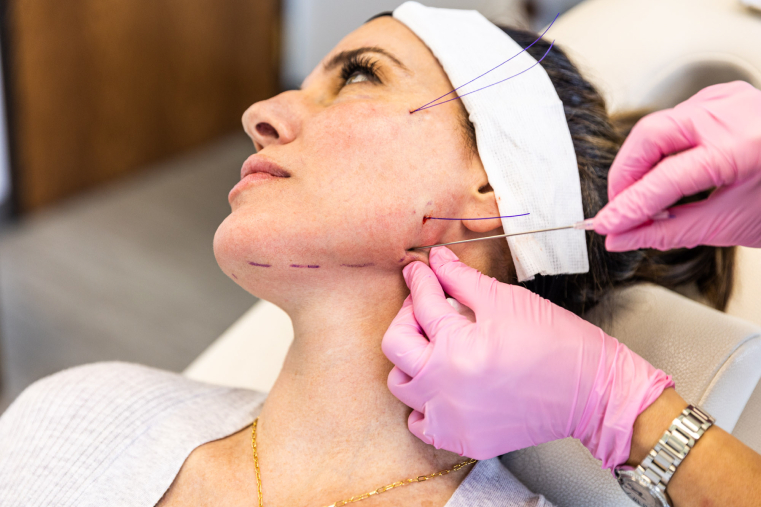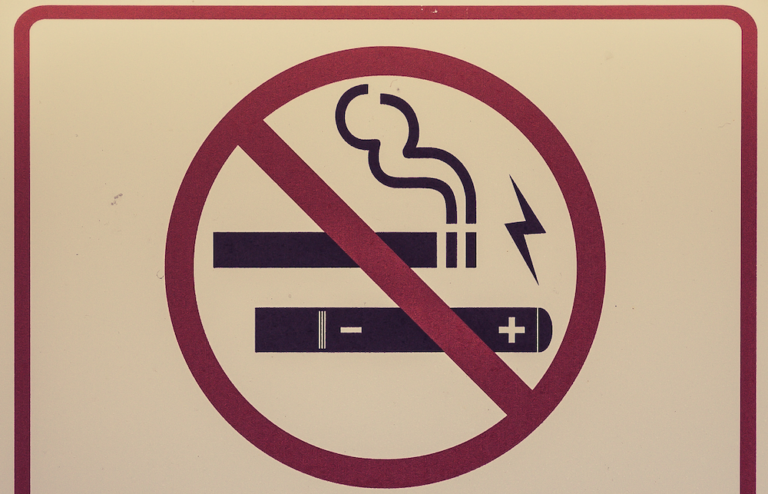8 Effective Ways to Treat Hypertension and Heart Diseases at Home
Hypertension, also known as the “silent killer,” and heart disease are two of the most common health issues worldwide. These conditions may develop gradually and are often unnoticed until they reach critical stages. Fortunately, home management can effectively control these conditions and improve quality of life. Advancements in healthcare services have transformed how people approach treatment, providing the convenience of a doctor on call, timely care, and personalized advice.
It’s hard for most people to achieve a balance between their daily lives and the needs of their health. Simple lifestyle changes, home-based strategies, and immediate access to medical support can help empower you to take control of your cardiovascular health. This blog will delve into eight practical ways to treat hypertension and heart diseases at home. We will also discuss how having a doctor on call can make all the difference for those with these conditions.
Several easy strategies exist for taking proactive measures against hypertension and heart disease instead of severe interventions. The following will go a long way toward helping you achieve your health goals while remaining in-house.
- Maintain a Heart-Healthy Diet
Cooking is the most effective way to control food and maintain heart health and blood pressure. A heart-healthy diet should include:
- Fresh fruits and vegetables to provide vitamins, minerals, and antioxidants.
- Whole grains, including oats, quinoa, and brown rice, for the maintenance of energy.
- Lean proteins like chicken and fish. It also includes plant-based sources like beans.
- Healthy fats from nuts, seeds, avocados, and olive oil.
Equally important is eliminating processed foods, sugary drinks, and salty snacks. Excess sodium is known to raise blood pressure; therefore, limit it to 2,300 milligrams per day or much less if treating hypertension.
- Stay Physically Active
In the end, exercise plays one of the most important roles in maintaining health in the cardiovascular system. Regular exercise relieves hypertension, thus improving circulation, strengthening the heart, and energizing the body. These do not require an extreme workout but rather consist of simple activities like:
- Brisk walking for 30-40 minutes daily.
- Yoga or pilates for better flexibility and reduced stress.
- Light weights for muscle building and heart function enhancement.
It’s always advisable to consult a physician for pre-existing conditions to devise a personalized exercise program specific to individual needs. A doctor on call may even help with remote consultations on what activities to incorporate.
- Manage Stress Effectively
Chronic stress causes high blood pressure and cardiovascular risk in the long term. The hormones produced in a stressful moment cause strain on the heart if mismanaged, and here is how you can effectively battle stress in the house:
- Mindfulness or meditation practice for around 10-15 minutes daily.
- Engage in gardening, painting, or reading to relax.
- Calm practices like meditation or journaling practices such as aromatherapy.
For example, managing stress is not just relaxation but balance and mitigating environmental triggers.
- Monitor Your Blood Pressure Regularly
It is crucial for a hypertensive or cardiac patient to keep a regular check on his blood pressure. A home monitor makes things simple as it allows one to:
- Identify early changes and adapt the routine.
- Share precise information with the physician for better guidance.
- Know how lifestyle changes affect blood pressure.
Keep a record of the readings, indicating the time and date and everything that could influence them, like stress levels or physical activity, outside of the log. This record can serve as a helpful tool during consultations with a doctor.
- Leverage the Convenience of a Doctor on Call
A doctor on call is a great resource when managing cardiovascular health. You may need to ask for medication advice, get a quick check-up, or just have a second opinion; a doctor can be there for you on short notice.
If you are traveling or staying in temporary accommodations, a doctor at hotel ensures you are not left without medical care. This convenience allows you to:
- Get professional advice without the inconvenience of visiting a clinic.
- Get immediate support during emergencies.
- Peace of mind knowing that medical help may be reached when needed.
- Prioritize Quality Sleep
During slumber, your heart and your blood vessels rejuvenate and repair. Poor sleep is associated with increased stress levels, irregular heart rhythms, and high blood pressure. To improve the quality of sleep:
- Keep a regular sleep routine by lying down and waking up simultaneously daily.
- A calming bedtime routine such as reading or listening to soothing music.
- Maintain a cool, dark, and quiet bedroom for an effective sleep.
- Aim for 7–9 hours of sleep each night and avoid caffeine or heavy meals close to bedtime.
- Quit Smoking and Limit Alcohol Intake
Two important risk factors for heart disease are smoking and excessive alcohol consumption. Smoking can damage blood vessels, accelerate atherosclerosis (or plaque formation in the arteries), and increase blood pressure. Excessive amounts of alcohol can also:
- Raise blood pressure.
- It contributes to weight gain.
- Interact with drugs.
Quitting smoking and drinking alcohol in moderation or abstaining from it altogether helps reduce the strain on your heart and improves overall health.
- Stay Hydrated and Avoid Caffeine Overload
Hydration is sometimes overlooked but crucial in maintaining blood pressure and general cardiovascular health. Water helps to make blood circulate efficiently, lessens the workload on the heart, and helps perform other bodily functions. On the other hand, excessive intake of caffeine can lead to:
- Temporarily elevating blood pressure levels.
- Lead to palpitations or anxious feelings.
Staying hydrated must be maintained at its peak. Intake more than 8 to 10 glasses of water each day, and control and moderate your consumption of coffee, tea, and energy drinks.
The Final Words
Be proactive with lifestyle changes at home and keep regular track of your cardiovascular health. By incorporating these eight methods into your daily routine, you can control hypertension and heart disease while going about your normal life. Having a doctor available for emergency services also assures you of timely medical care and expert advice when required.






